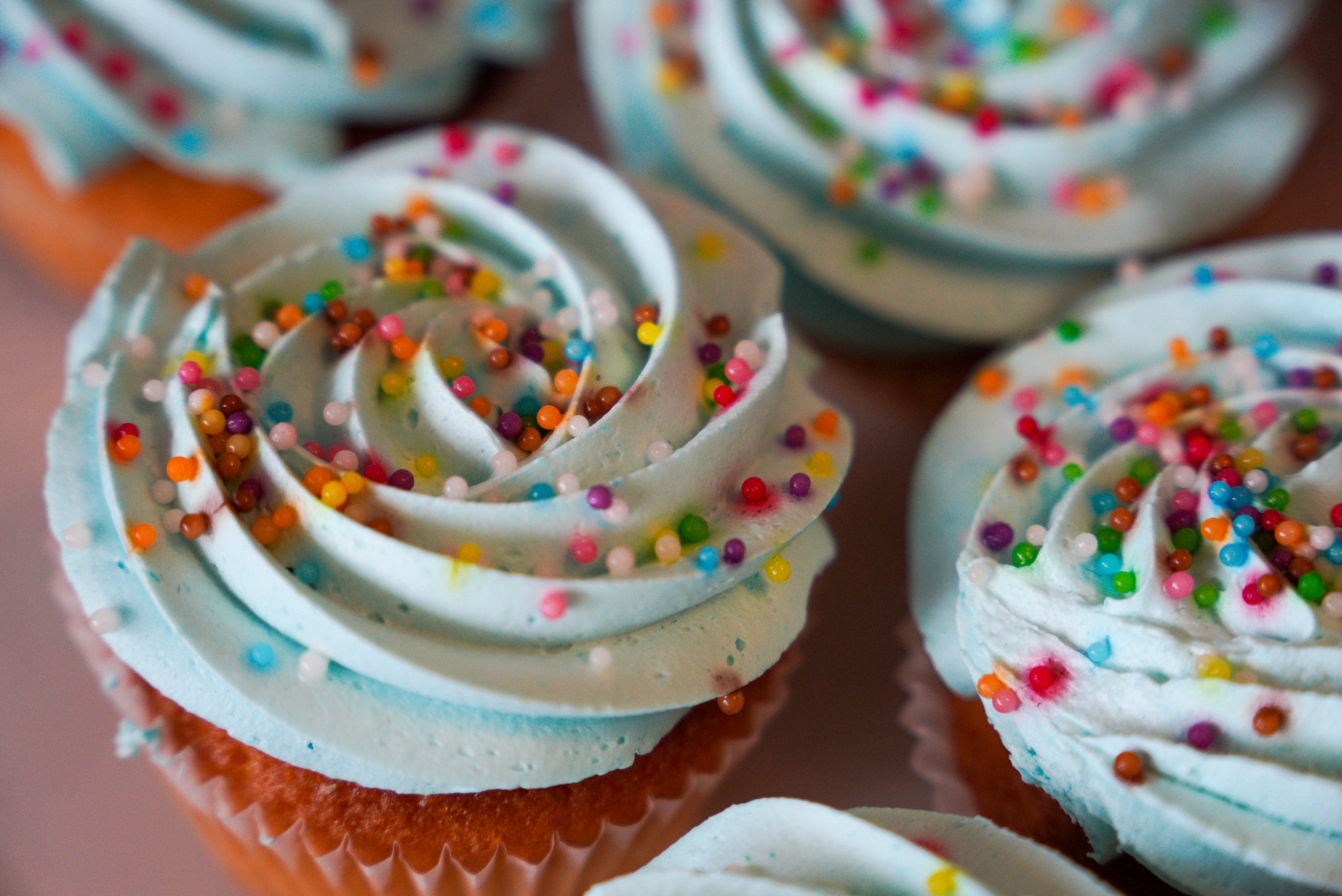
Kristina Nencheva/Getty Images
A little treat could be your secret weapon to successful weight loss, according to nutrition science.
Having dessert or other favorite foods in moderation helps to prevent the “all or nothing” mindset that’s among the most common reasons that weight loss diets fail, said Tara Schmidt, lead dietitian for the Mayo Clinic diet.
Dieters often “get into very black and white thinking” when trying to lose weight, Schmidt told Business Insider. “There’s really no wiggle room. People get trapped.”
However, a new study found that dieters had fewer cravings and more weight loss over a year, and maintained it the following year, if they included small portions treat foods, like cake or burgers, as part of balanced meals — instead of excluding them entirely.
The findings support what dietitians are always trying to tell their patients: a flexible diet approach is much better for weight loss said Schmidt, who was not involved in the study.
“Allowing for a balanced way of including your favorite foods, a planned indulgence, really helps people feel less deprived,” Schmidt said.
How to treat yourself and still lose weight
The cardinal rule of weight loss is that to shed fat, you need to be in a calorie deficit, eating fewer calories than you burn off.
Schmidt said many eating plans can get you into a calorie deficit, at least for a while, but some diets are better than others. For long-term results, you’ll need a plan you can stick to over time.
“If you can’t keep doing what you did to lose the weight, it’s not going to stay off,” she said.
That’s why completely cutting out your favorite foods, dessert, or other craveable treats can backfire, unless you’re really willing to give them up forever.
To indulge your cravings without derailing your diet:
- Enjoy a smaller portion — having your favorite foods, but slightly less of them, can help you cut calories without sacrificing the joy of eating.
- Savor every bite — Slowing down and avoiding distractions while eating can make your food more satisfying, and help you tune into natural hunger cues so you’re less likely to eat past the point of fullness, Schmidt said.
- Go out for dessert — it’s harder to overdo it on your favorite treats if you don’t have a ready supply at home, Schmidt said. Walking to a local shop for a scoop of ice cream introduces automatic guardrails around portion control (and a bit of exercise), cutting out the temptation you might have to finish a whole pint in front of the TV.
- Combine treats with healthy staples — Eating a healthy meal, followed by a treat, can help you manage cravings by taking the edge off your hunger first so you’ll be satiated sooner. Opt for nutrient-dense foods high in protein and fiber which are more filling.
- Track your eating habits — Awareness of your routine is the first step to changing it, and can keep you accountable. If a food journal shows you’re off track, don’t panic. Just take note of any patterns, such as if certain foods or situations prompted overeating, and get back to healthy habits as soon as possible.
Make it easier to eat healthy, too
Along with treats, find ways to make healthy food more accessible and delicious.
Schmidt recommends stocking up on frozen fruits and veggies. And don’t worry about picking the “right” ones with the least sugar or most antioxidants.
“I don’t really care if you eat cucumbers or tomatoes, I’m just happy you’re eating a vegetable and you’re much more likely to eat it if you like it,” Schmidt said.
It’s also a good idea to browse flavorful recipes. Rather than sticking to a limited meal plan, find dishes that sound delicious — bonus points if they’re nutrient-dense.
Realistically, though, no amount of convenience or clever food prep will make veggies take the place of your favorite sweet or salty treat after a long day.
“Coming home after work and eating carrots, that’s not giving you any dopamine,” Schmidt said. “If you want to have a margarita and chips and salsa, have it, but I need you to enjoy it and listen to your body and whether or not you’re hungry anymore.”
The post A dietitian explains why eating dessert can help you lose more weight and keep it off appeared first on Business Insider.




